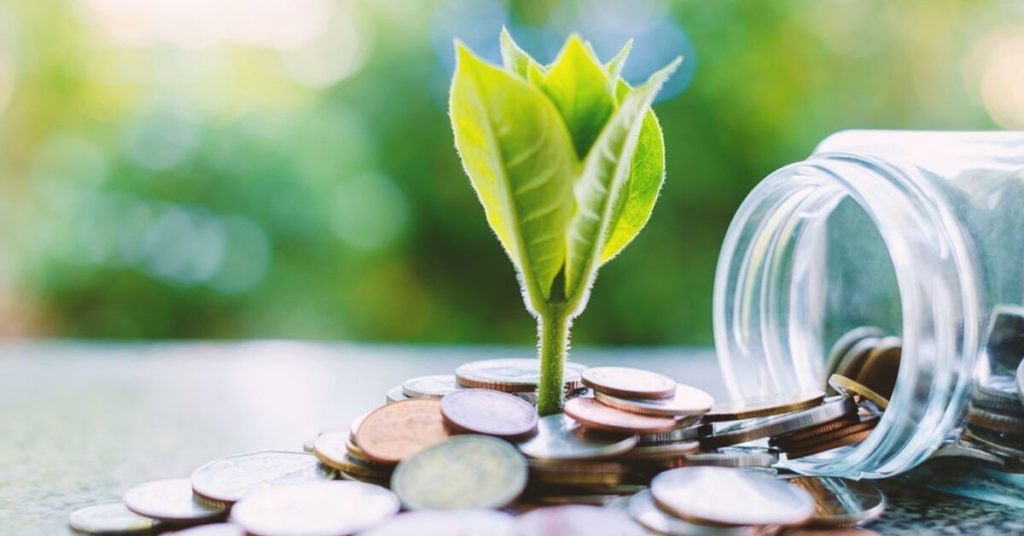
Estimates of the size of the sustainable investment market vary from around $23 trillion to almost $31 trillion, with responsible investment taking into account environmental, social and governance (ESG) factors in investment decisions, whereas ethical investing being more of a values-based approach.
In Australia, investments managed in an ethical or responsible manner came in at $980 billion in 2018 – more than half of all assets professionally managed. That’s up 13 per cent on the previous 12 months thanks to positive portfolio performance and increasing demand.
Whatever label used to describe sustainable investments, it’s a growing sector, having moved beyond simply excluding certain industries like tobacco, weapons and gambling. For example, it now considers positive exposures in renewables, in new technology such as electric vehicles and batteries, and in new medicines, vaccines and health care innovations. It also takes into account the environmental impacts of traditional investments in oil, gas and mining, and the social impacts of traditional investments in consumer staples like supermarkets, and the banking and finance industry.
How are ESG investments performing?
Happily, there’s no need to sacrifice returns for principles, or vice versa. Institutional investors – such as super funds – have led the push in responsible investment, creating a scale of demand that’s difficult to ignore.
Across the share market, almost all ASX200 companies now report their ESG policies and sustainability targets and a 2018 study found that ASX200 stocks with high ESG scores “significantly outperformed” the ASX200 average over a seven year period.
The Australian experience reflects worldwide research showing that companies with better responsible-investment standards have stronger financial performance that exceeds benchmarks, including in emerging markets. This increasing attention has led to more than 80 per cent of S&P 500 companies now reporting on their ESG measures.
Why now?
Recently, United Nations member countries adopted 17 Sustainable Development Goals (SDGs) to be achieved by 2030. These goals recognise “that eradicating poverty in all its forms and dimensions, including extreme poverty, is the greatest global challenge and an indispensable requirement for sustainable development.”
This has brought more focus on responsible investing, says Professor Carol Adams, an internationally renowned author in integrated and sustainability reporting, and social and environmental accounting.
The benefits and opportunities for businesses, and by extension investors, are “significant”, says Adams.
“Businesses which set out to contribute to the SDGs through their mission and strategy stand to gain a competitive advantage in developing products, services and processes fit for future challenges,” Adams told an Australian Senate inquiry into the SDGs.
On the other hand, if businesses fail to respond to the demand for change, they may face substantial long-term risks, given the increased government pressure on emissions targets; changes to corporate governance principles; and green and sustainable finance initiatives, she concludes.
What’s next?
Super funds are becoming more active as responsible investors, with many offering bespoke ethical or socially responsible investment options. This gives investors a chance to reallocate their money in line with their personal values.
But before you dive in on a mission to do good while saving for your future, book a meeting with me to look at where to start and what available options that can contribute to your long-term financial well-being.
Source: Colonial First State, 2019
